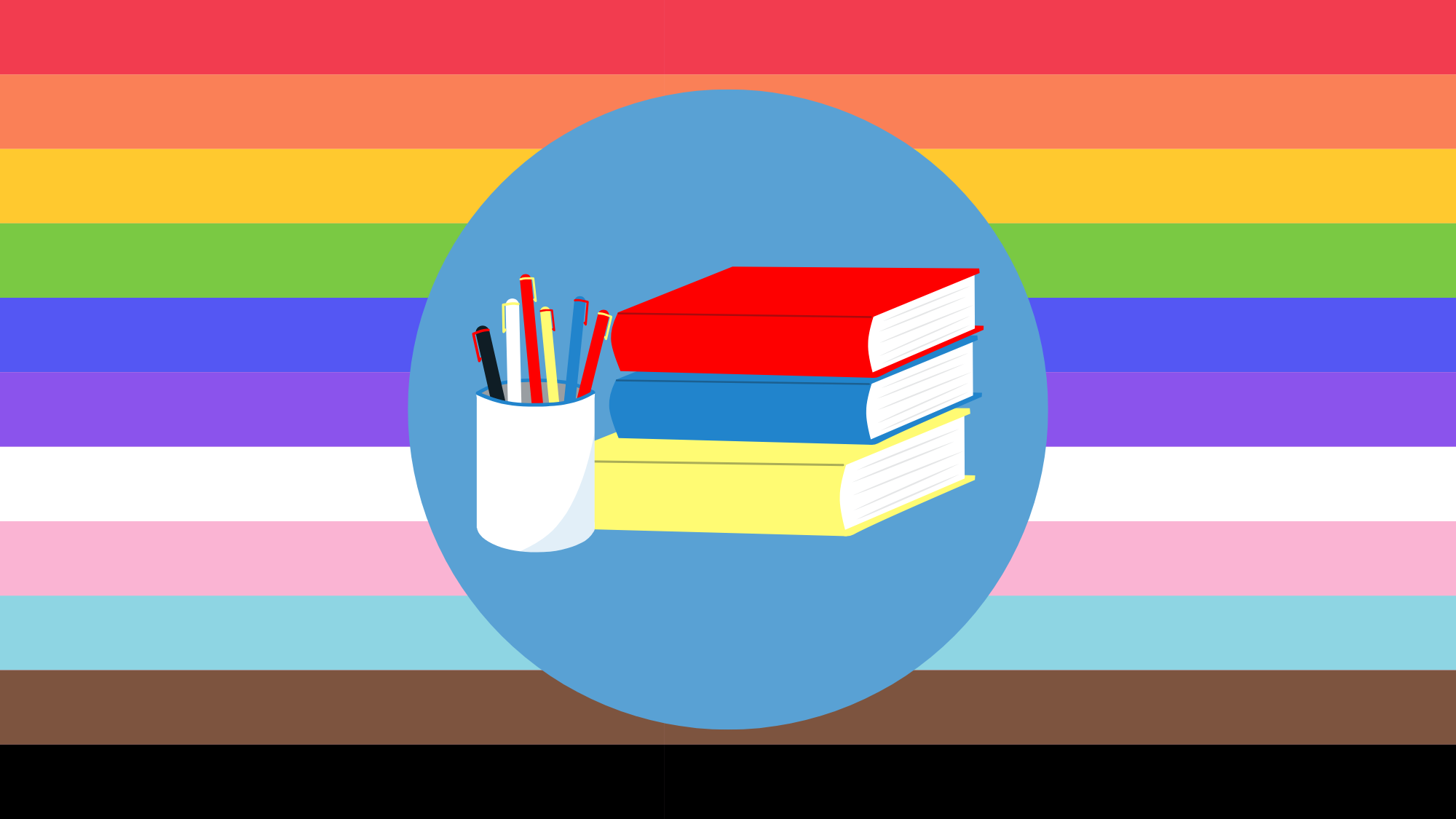June is Pride Month, a time for reflection, celebration and activism in the 2SLGBTQIA+ community. But connection and advocacy aren’t one-off activities. In Pride Month and year-round, 2SLGBTQIA+ editors can find a safe space for community-building through the LGBTQ+ Editors Association.
[Editor’s note: Editors Canada uses the abbreviation 2SLGBTQIA+ to encompass the many identities and orientations in the spectrum of gender and sexual diversity. This article uses LGBTQ+ specifically for the name of the organization featured.]
Why did you start the LGBTQ+ Editors Association?
Farron Vee White: I was inspired to start the organization after a trans student asked if I could connect her to a trans woman editor. It was difficult to assist because there were no existing resources to do so, and other 2SLGBTQIA+ organizations in the United States focused specifically on journalism or on book publishing specifically for 2SLGBTQIA+ content.
Stories — and I don’t just mean novels — impact the evolution of our societies, and it’s important to elevate the diversity of the caretakers of those stories. We need space for 2SLGBTQIA+ editors to support one another, find joy in our community, advocate for change in our profession and offer resources from those with lived experience.
We work in a profession that is exceptionally difficult to succeed in, or even enter at all, without a network of connections. Even without taking conscious bias and discrimination into consideration, the majority of most people’s social groups are other people with similar backgrounds or identities, making it difficult for 2SLGBTQIA+ people to establish the necessary connections (even more so for those with identities that intersect with other marginalized communities).
No one creates an organization like this alone. You can read more about the history of our organization and some of the individuals who helped contribute.
Why was it important to you to create a dedicated organization?
FVW: There are unique challenges for a 2SLGBTQIA+ membership, and it’s important to have an organization for 2SLGBTQIA+ editors led by 2SLGBTQIA+ editors who understand these needs.
The 2SLGBTQIA+ community — and all marginalized, especially BIPOC (Black, Indigenous and People of Colour), communities — faces discrimination and sometimes violence. I wanted to create a group that prioritizes the privacy of its membership and doesn’t require a membership fee. This approach also removes the barrier for those living in countries with higher currency exchange rates and who might face even higher degrees of risk and discrimination.
Prioritizing privacy often slows down how quickly we can expand or progress in our efforts, and it can feel like we’ve made progress only to have to pause, reset or even start over. For example, we want to offer an optional public directory, but in a political environment that is increasingly dangerous for 2SLGBTQIA+ people, we have to be cautious in how we move forward. It’s better to slow down, however, than risk the safety of our members.
What can prospective members and allies expect from the group?
FVW: Since launching in 2022, we’ve provided mentorship, monthly meetings, a community forum and professional development for 350+ members, with the connections formed leading to valuable projects and endeavors by our members. We’ve also collaborated on public events and advocacy efforts, and there are ways for both members and editor allies to get involved
Our organization includes 2SLGBTQIA+ editors across the full spectrum of editorial specialties, such as fiction, academic, medical, corporate and non-profit editing. We have members who are developmental editors, copy editors, proofreaders and other editorial professionals.
As an international group of English-language editors located across six continents, our members also work with multiple English dialects (see “An International Perspective” in The ACES Guide for New Editors to learn more about various types).
How can people get involved with or support the LGBTQ+ Editors Association?
FVW: We now exist under the umbrella of a non-profit and can, among other things, apply for grants and fundraise. Please consider donating to our Voices of Pride 2025 campaign, which runs from mid-June to mid-July this year. Because we don’t require a membership fee, donations are critical to the continued existence of our group. They also help us host additional events, create resources and support advocacy efforts.
You can read testimonials from our membership on our social media pages during this year’s campaign, including LinkedIn, Instagram, Facebook and BlueSky.
If you’re a 2SLGBTQIA+ editor, you can learn more about how to join on our website.
If you’re not a 2SLGBTQIA+ editor, you can read more about other ways to support, collaborate or potentially volunteer with us. Our external newsletter will update you on upcoming events, resource guides and current fundraising campaigns. You can also email us at info@LGBTQEditors.org.
Final thoughts
FVW: We’re grateful for past collaborations with (and early advice from!) the Trans Journalists Association, and we would love to hear from other editing groups who might like to collaborate.
I’ve had to temporarily pull away from my social media for personal reasons, but I do plan to start sharing more again — both about the plagiarism research I’ve done that focuses on editors and writers and about the LGBTQ+ Editors Association. I welcome new connections.
___
The Editors’ Weekly is the official blog of Editors Canada. Contact us.
Discover more from The Editors' Weekly
Subscribe to get the latest posts sent to your email.
